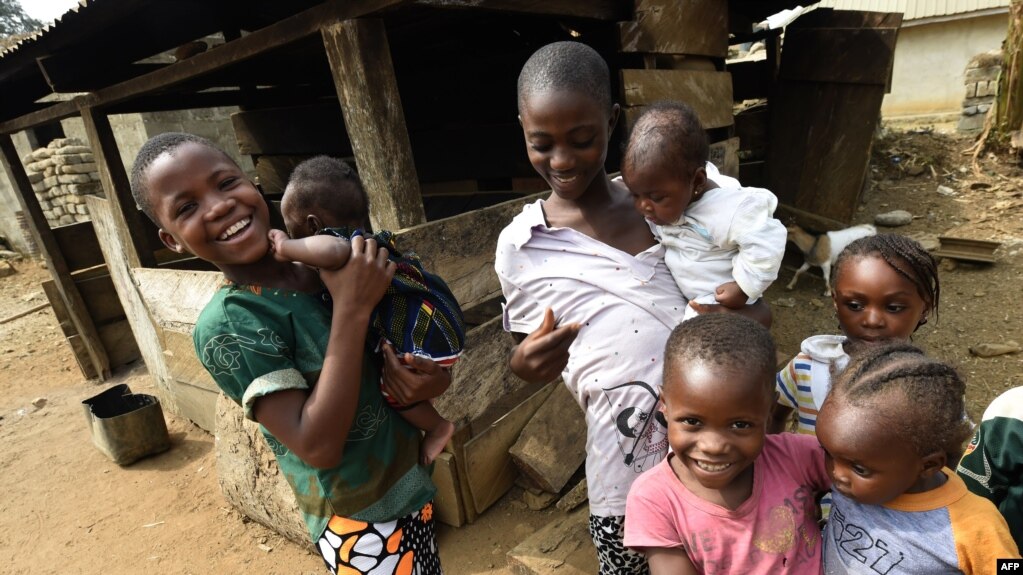In the remote forests of southern Cameroon, the Baka and Bagyieli Indigenous communities live on the margins—not just of society, but of citizenship itself. Without birth certificates, over 120,000 of these forest-dwelling people are left stateless, excluded from basic rights like education, healthcare, and legal employment.
“We’re stuck,” said Bertrand Akomi, a Baka elder. His son, Francis, dreams of becoming a nurse, but without identification papers, even attending school seems impossible. The Baka and Bagyieli never saw the need for such documents, their lives intertwined with the forest. But now, forced out by mining, logging, and government conservation projects, they face a harsh new reality.
Moving from traditional lands to roadside villages has cut them off from administrative centers, making it nearly impossible to obtain the documents they need. Without birth certificates, securing national ID cards—essential for accessing services and employment—remains an elusive goal. “Each time I travel, I face harassment because I don’t have an ID,” shared Henri Lema, a Bagyieli hunter.
Change is on the horizon. In 2024, Cameroon’s parliament took a significant step by passing a bill to address statelessness, joining global efforts to ensure the right to nationality for all. But for communities like the Baka and Bagyieli, progress can’t come fast enough. Until then, they remain invisible, their voices unheard and their futures uncertain.
